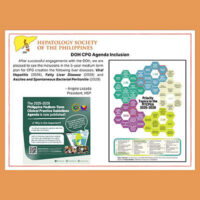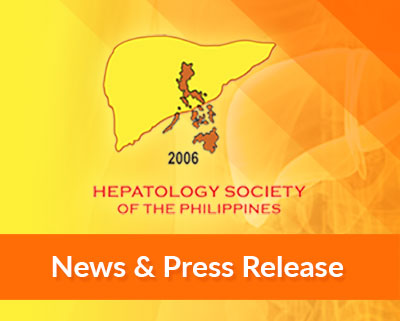Clinical Guidance on Liver Involvement in SARS-CoV2 Infection/ COVID-19
Hepatology Society of the Philippines
Key Points
- SARS-CoV-2 is an evolving pandemic that has affected the Philippines, leading to a public
health emergency. - Although primarily affecting the respiratory system there are reports of liver test derangements in 16-53% of COVID 19 patients. It appears that patients needing ICU care are more likely to have higher percentage and more severe liver test abnormalities.
- The possible causes for liver test abnormalities in COVID 19 may be due to the hepatic response to the cytokine storm, hepatic hypoxia and ischemia, as well as hepatotoxicity from many of the drugs used to manage the disease.
- Individuals with underlying liver disease may be a vulnerable population, especially those with hepatitis B, liver cirrhosis, and patients on immunosuppression, i.e liver transplant recipients and those with autoimmune hepatitis. These patients may be at higher risk for SARS-CoV2
infection, may have more severe disease and may have prolonged shedding of the virus causing increased transmission. - As the Philippines have
- a high rate of chronic hepatitis B, it may be prudent to test for the HBsAg status of COVID19 patients, especially when immunosuppression is contemplated as a part of treatment. Antiviral prophylaxis with tenofovir or entecavir should be considered in these patients.








